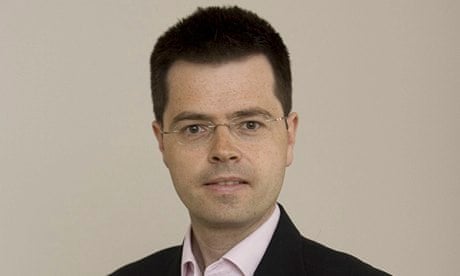The government is to order broadband companies to block extremist websites and empower a specialist unit to identify and report content deemed too dangerous for online publication.
The crime and security minister, James Brokenshire, said on Wednesday that measures for censoring extremist content would be announced shortly. The initiative is likely to be controversial, with broadband companies already warning that freedom of speech could be compromised.
Ministers are understood to want to follow the model used to crack down on online child abuse. The Internet Watch Foundation, which is partly industry-funded, investigates reports of illegal child abuse images online; it can then ask service providers to block or take down websites.
The prime minister, David Cameron, is understood to favour a similar model for terrorist content. A government-funded body, possibly within the counter-terrorism referral unit, will order companies including BT, TalkTalk, BSkyB and Virgin Media to block websites, according to industry sources.
"There are freedom of speech issues," said one source. "For extremist material the government needs to ensure there is a process in place to test what is illegal."
Following the killing of Drummer Lee Rigby in Woolwich, Cameron vowed to "drain the swamp" in which he said Islamic extremism was being allowed to breed.
Action against websites inciting terrorist acts was one of a series of measures announced by the PM in June, with others including extremist groups on campuses and in prisons, support for madrasas promoting tolerance and helping mosques expel extremists.
Broadband companies and the search engines Google and Bing have already agreed to help police child abuse material, by blocking content and posting warnings and links to watchdogs and advice sites. From next year, all customers of the major broadband companies will be asked whether they wish to install filters that block violent or adult content.
But broadband companies are reluctant to be labelled as the watchdogs of the web, and want to be sure they are following the law before agreeing to block material that some customers may feel entitled to access.
"There is always a concern about mission creep," said a second internet service provider source. "When it comes to incitement it's not as clear cut as child exploitation. If there is a robust appeals process, that could potentially overcome some of those concerns."
An announcement on government action on extremist websites had been expected this week, but officials have not yet formally laid out their plans to broadband companies. Speaking at the Internet Service Providers Association conference in London on Wednesday, Brokenshire said an update was imminent.
Policing the internet is shifting from a reactive process, where authorities are alerted to illegal content, to a proactive one, where public funds could be spent seeking out banned material.
The Internet Watch Foundation is piloting a change in its methods that would see its agents actively search the peer-to-peer networks of the so called dark web to identify abusive images.
Cameron is also pushing for a formal collaboration with the US on illegal online activity. On 9 December the UK policing minister and the US assistant attorney general will co-chair the first meeting of the taskforce to combat online child sexual exploitation crimes.











Comments (…)
Sign in or create your Guardian account to join the discussion